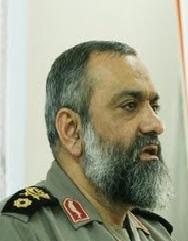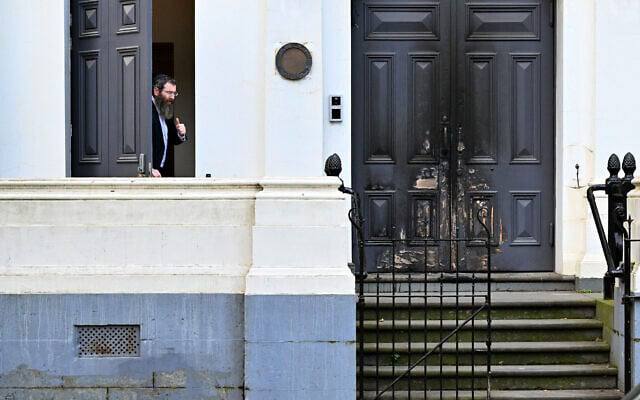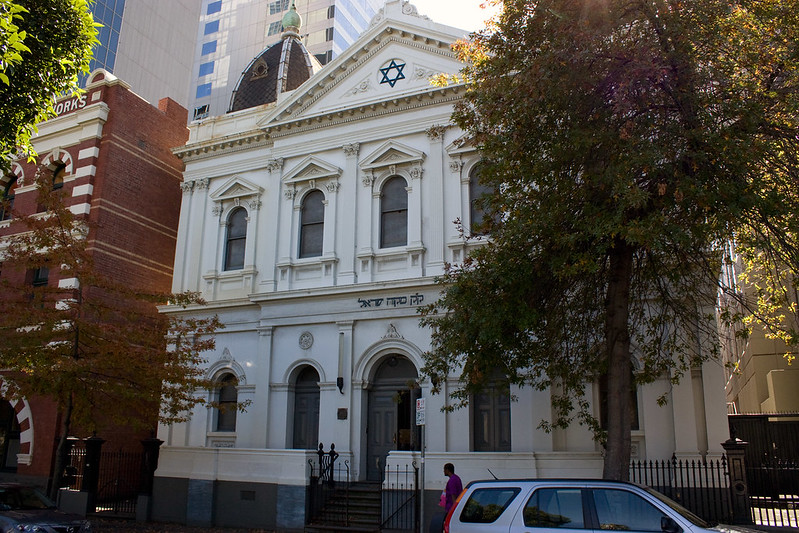UPDATES
Threats from Iran, Ambivalence from Egypt
July 27, 2011 | Daniel Meyerowitz-Katz

As translated by Iranian defector Reza Kahlili, Iranian Brigadier General Mohammad-Reza Naghdi responded to the recent assassination of an Iranian scientist, shot by an unidentified man on a motorcycle, by saying:
The main plot for this criminal act was conceived by the American government, and since it is scared of the reaction by the Muslim world due to the uprisings in the region, it had the Zionist regime commit the heinous act… In order to protect the security of our country, we have no option but to have the Zionist regime wiped off the map.
The Iranian authorities have sent some very mixed messages about this killing. Just one day before Naghdi’s statement, for instance, they admitted that they did not know who the perpetrator was. In fact, they do not seem to know who the victim was either – they claimed for a while that it was a university student named Darioush Rezaeinejad and not Darioush Rezaei, the nuclear scientist whose assassination Naghdi was decrying.
While the convoluted message surrounding the facts of the assassination may be somewhat humorous, there is nothing at all amusing about Naghdi’s threats. It is obvious that Iran does not have conclusive proof of any Israeli or American involvement in the incident, or else they would no doubt be parading this publicly. It is clear, therefore, that Naghdi merely saw the opportunity to once again make Iran’s agenda known. As Iran’s nuclear program continues to progress, such threats from a top Iranian military official cannot be ignored.
The threat is made even more serious by the fact that Iran does not seem to be entirely bereft of friends in the world. As reported by MEMRI, China and India seem to be attempting to find ways to circumvent American and European boycotts of Iran in order to continue trading with the Islamic Republic. Moreover, Iran has been making efforts recently to woo Egypt. As AP reports:
Iran has been strongly courting Egypt since the February fall of Hosni Mubarak, seeking to break its isolation and extend its influence in the Middle East. The prospect has alarmed Egypt’s allies – particularly Saudi Arabia and the Arab countries of the Gulf, as well as Israel, all of which fear increasing Iranian power in the Middle East.
With its own suspicions of Iran and wary of alienating its allies, Egypt is unlikely to run into an embrace with Iran. But how much it does improve ties will be a major indicator of how far its future government will take a more independent foreign policy after decades under Mubarak, who stuck closely to the United States’ line in the region.
This news comes as the smuggling of Iranian weapons into Gaza seems to be rising. As the AP report goes on to say, even the warming of ties between Iran and Egypt has the potential to severely affect the regional balance of power as Egypt moves away from the Sunni Arab bloc – a fact that Saudi Arabia, currently the most powerful Arab state and potentially Egypt’s strongest rival, seems highly aware of.
The conciliatory message by [former Egyptian Foreign Minister Nabil] Elaraby – who has since moved to the Arab League chief spot – came just as the Cold War between predominantly Sunni Muslim Saudi Arabia and mainly Shiite Iran was deepening: In March, Saudi troops helped put down a Shiite-led uprising in Sunni-ruled Bahrain that Gulf leaders saw as a stalking horse for Iran.
Apparently startled by the signals from Egypt, Saudi Arabia pledged $4 billion for Egyptian economic recovery. In July, Egypt changed course, saying relations with Iran won’t come at the expense of security of the Gulf countries.
The repercussions of an Egyptian leadership with much greater sympathy towards Iran could be catastrophic for Israel and the whole Middle East. At this point in time, the biggest threat to regional stability is certainly an Iran which funds terrorism while racing towards a nuclear arsenal. the biggest threat to regional stability is an Iran which funds terrorism while racing towards a nuclear arsenal. Most Arab governments were well aware of this up until the beginning of this year, but as the dust from the Arab Spring settles, this situation could be changing. Hopefully, the Arab leaders will be able to avoid the dangers that may arise from empowering Iran.
Daniel Meyerowitz-Katz
Tags: Egypt





